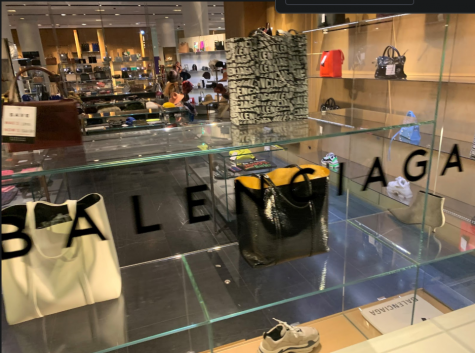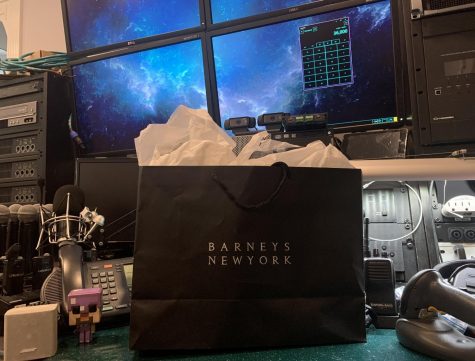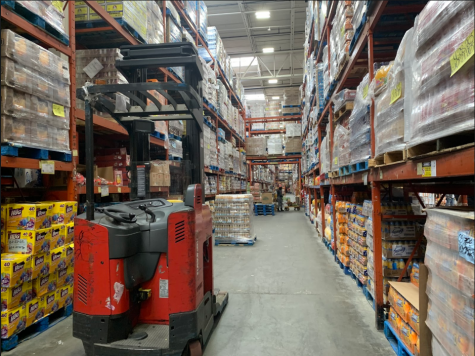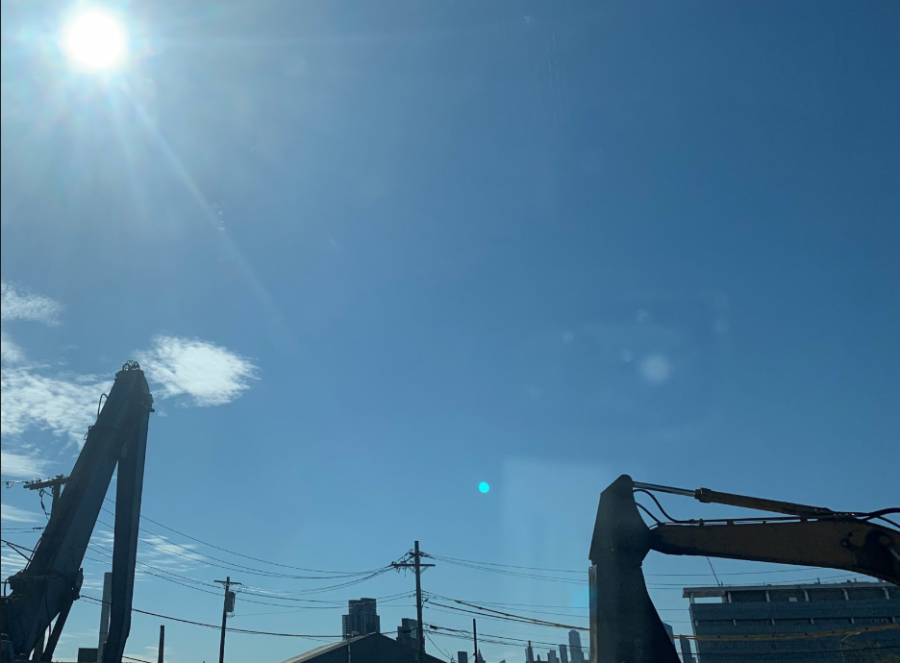Struggling Businesses and the Coronavirus Pandemic
How underlying conditions may lead to financial insolvency at many business establishments across the nation.
A May 2020 photo of idle construction equipment highlights the impact that the Coronavirus pandemic has had upon every sector of business.
Since mid March 2020, many states across the nation have issued stay at home orders due to the Coronavirus pandemic, leading to an unprecedented economic shutdown. The rapid downfall of a bustling economy, which President Trump hailed as the “best economy we’ve ever had in the history of our country,” to one reminiscent of an apocalyptic world with virtually no activity has been without precedent. It will not only leave a lasting impact on Americans’ consumer confidence after quarantine is lifted, but it will also leave a number of businesses – both large and small – in ruins.
Many well-known retailers have closed their doors in recent years, ranging from Payless ShoeSource to the department store chain Barneys New York. Many have cited the onslaught of e-commerce retailers as the primary factor that has led to the downfall of traditional brick and mortar retailers, part of a phenomena called the “retail apocalypse.”

While these claims hold true for retailers like Forever 21, whose business model and execution were no longer fashionable with their key clientele, the closure of Barneys New York was an outlier, as the retailer had an advantage over e-commerce outlets since it was famous for providing quality customer service. Great customer service, as well as updating dated store interiors were key elements of many retailers’ strategies to succeed in today’s competitive environment prior to the COVID-19 outbreak.

Realizing the goal of providing an elevated guest experience has proven to be a challenge for many traditional department store chains, including Macy’s, Kohl’s, and JCPenney. That is reflected in another similarity shared among those retailers – they have closed under-performing stores in New York over the last few years, and temporarily shuttered their remaining stores due to stay at home orders related to the coronavirus. At face value, it is evident that these closures are detrimental from a financial standpoint to these retailers, but their underlying conditions may amount to those stores closing for good.
The unhealthy levels of debt that many retailers have held for years is the final nail in the coffin that will ultimately accelerate the closure of weaker retailers after the COVID-19 lockdowns. These companies will be unable to cover their debt payments without operating on a normal basis, and one can expect to see an accelerated demise of retailers that have lost their appeal or were unable to handle the debt gained from a leveraged buyout.
Such a threat applies to smaller, locally owned businesses as well. “I live in a residential neighborhood, and I’ve seen that a lot of my local shops have closed down due to the Corona outbreak,” said Ethan Gallagher ‘20. Many of these “mom and pop” establishments do not have enough cash to pay fixed costs associated with their businesses and are bound to close. An outlier to the overall trend of a sharp decrease in foot traffic is at supermarkets and other grocery outlets where people are panic-buying goods.

That trend reflects a grim outlook for restaurants across America, as consumers may not return to these establishments as they become accustomed to eating at home, or simply due to fears of contracting the Coronavirus. And while many establishments are providing delivery and online ordering, the revenue generated from these sales pales in comparison to typical dine-in sales. As restaurants are costly to operate, many locally owned establishments are bound to close, along with outposts of national chains. Ironically, while grocery stores are facing shortages, many foodservice distributors have a surplus of inventory as restaurants have reduced demand for supplies.
There will be drastic changes in how businesses operate as a result of the Coronavirus pandemic. Our nation’s myriad of businesses will face heightened competition among each other, and only the healthiest companies will survive. But one thing is clear – the only cure to stymie the demise of American businesses is through a gradual reopening of companies starting with those in the manufacturing and construction sectors.
There will be drastic changes in how businesses operate as a result of the Coronavirus pandemic.
Sanford James is an Editorial Editor for ‘The Science Survey’ and a Student Life Section Reporter for ‘The Observatory.’ Sanford believes...

